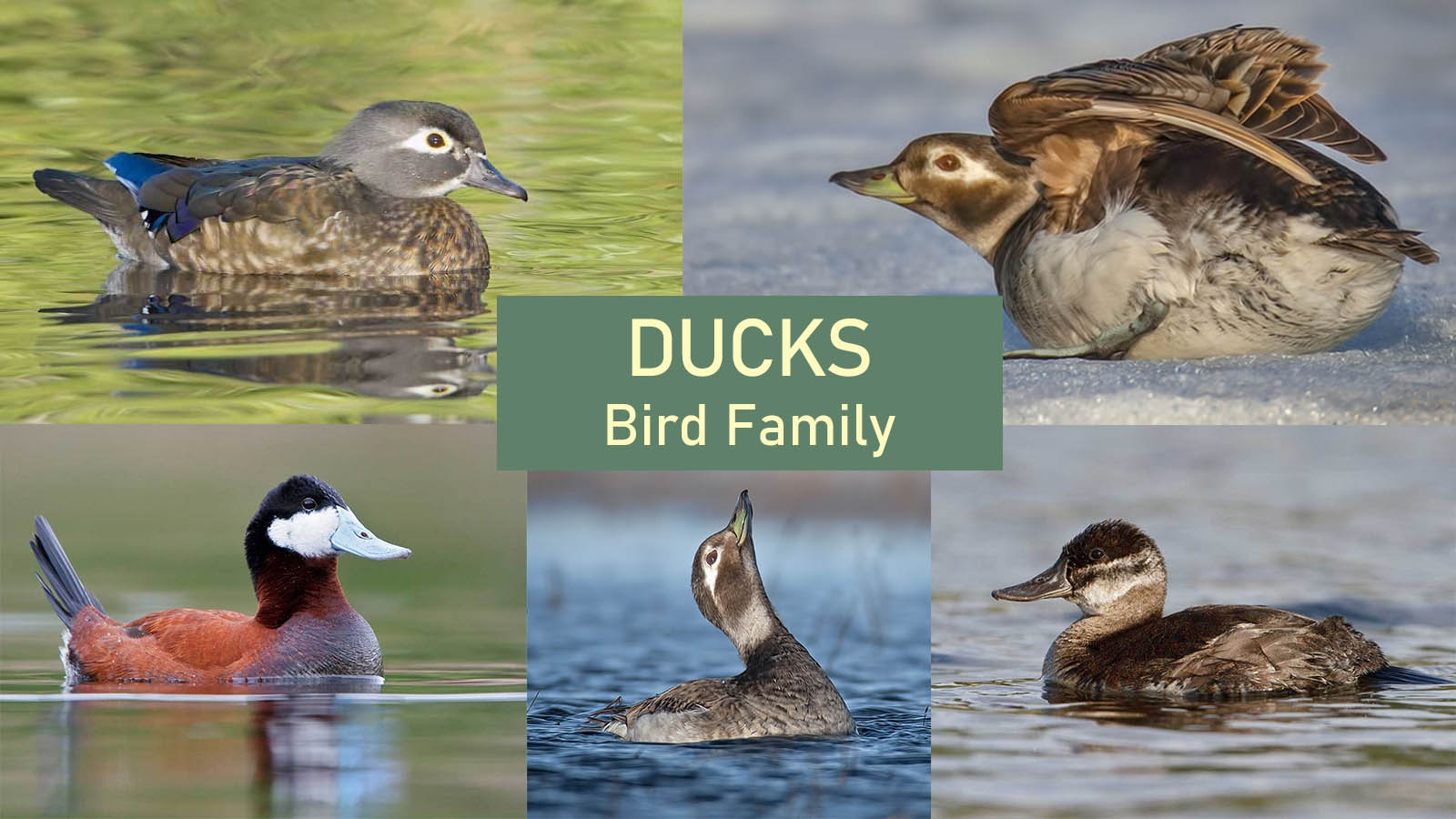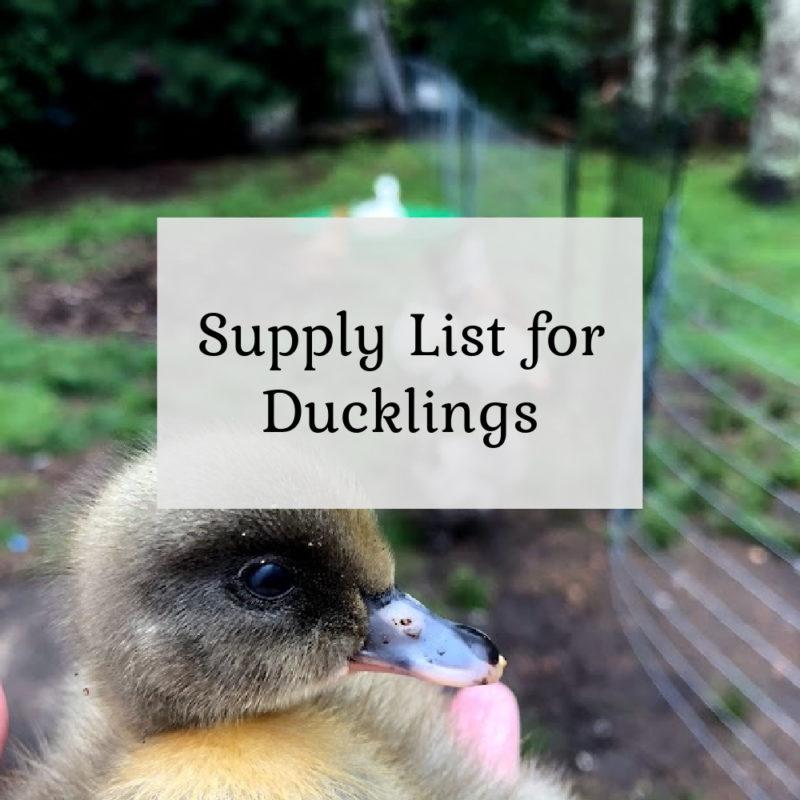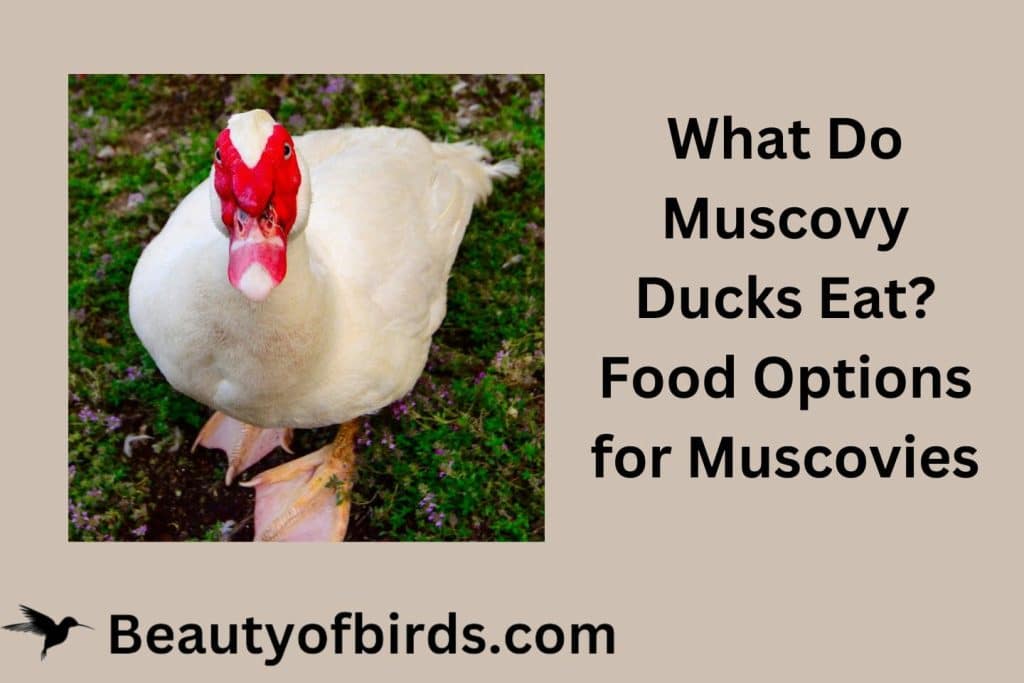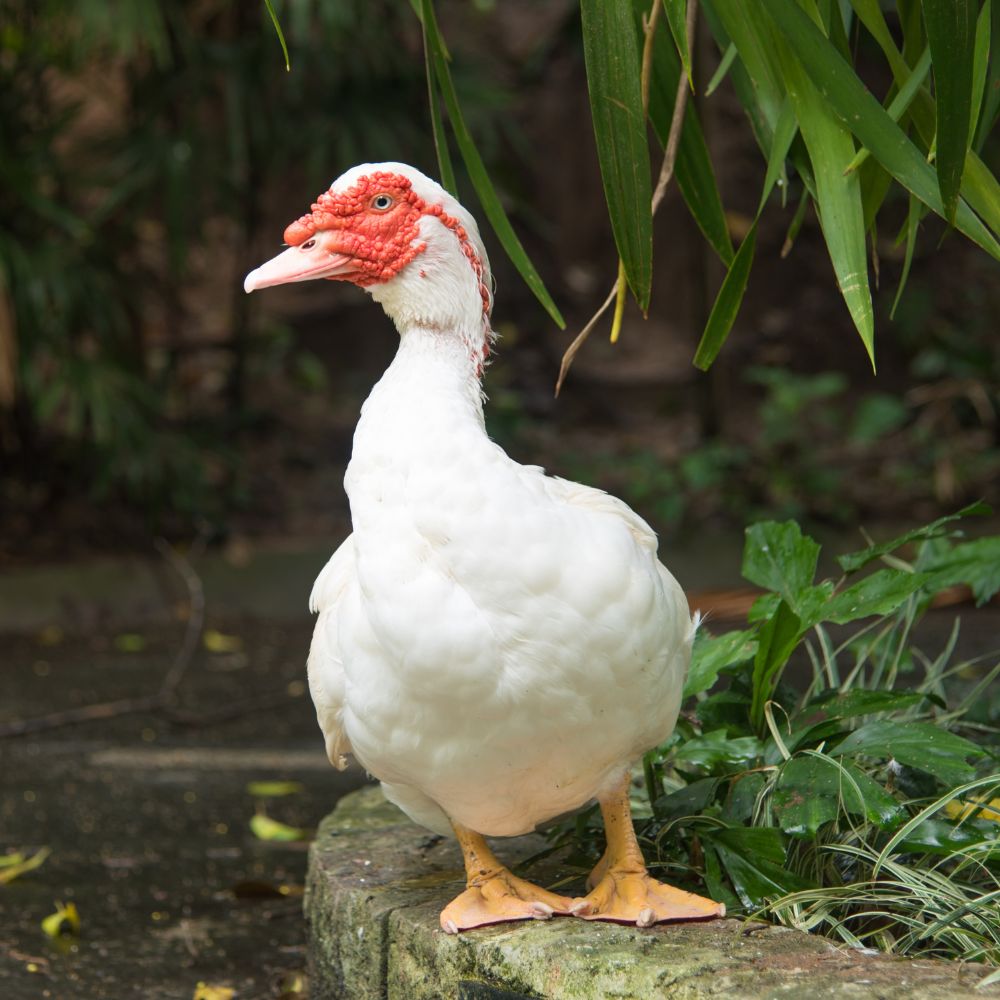A Guide to the Diverse World of Ducks in Florida
- A Guide to the Diverse World of Ducks in Florida
Florida, a prime destination for sun-seeking tourists, is also a haven for a diverse array of duck species. With its myriad of habitats—from the sandy beaches of the Atlantic and Gulf Coasts to the overflowing wetlands of the Everglades—Florida hosts a mix of native and migratory ducks that are a delight to birdwatchers and casual observers alike.
In this comprehensive guide, we’ll explore the various species of ducks that call Florida home, delve into their unique characteristics, and offer tips on where and when you can spot them. Whether you’re a seasoned birder or just beginning to appreciate the state’s avian residents, this article is your go-to resource for all things related to ducks in Florida.
Unique Habitats for Diverse Species

Florida’s geographical location and climate create a perfect staging ground for a wide range of duck species. Some of the ducks live in Florida year-round, while others are winter visitors or pass through during their migrations.
Year-round Residents
- Muscovy Duck: A distinctive bird with red facial markings.
- Wood Duck: Known for its colorful plumage and box-like nesting habits.
- Mallard: The iconic green head of the males makes them instantly recognizable.
- Mottled Duck: An often overlooked resident, similar in appearance to the mallard.

Winter Visitors
- Blue-winged Teal: A small dabbling duck with a striking blue patch on its wings.
- Northern Shoveler: Identified by its large, spoon-shaped bill, perfect for sifting through the water.
- American Black Duck: A darker cousin of the mallard, with less vibrant coloration.

The Marvelous Migrators: Seasonal Duck Sightings
Table: Seasonal Ducks in Florida
| Species | Arrival Period | Habitat |
|---|---|---|
| Green-winged Teal | Winter | Marshes, wetlands |
| Northern Pintail | Winter | Open waters, estuaries |
| Gadwall | Winter | Lakes, ponds, marshes |
| American Wigeon | Winter | Coastal bays, wetlands |
| Lesser Scaup | Winter | Fresh and brackish waters |

Florida’s Permanent Duck Denizens: A Closer Look
Muscovy Duck (Cairina moschata)

- Identification: Red facial skin, large body.
- Habitat: Urban and suburban areas, close to water bodies.
- Behavior: Often seen in groups, they are less wary of humans compared to other ducks.
Wood Duck (Aix sponsa)


- Identification: Vibrant colors in males, white eye-patches.
- Habitat: Forested wetlands, swamps.
- Behavior: Nest in tree cavities and readily take to nest boxes.
Mottled Duck (Anas fulvigula)

- Identification: Mottled brown body, yellow bill in females.
- Habitat: Freshwater marshes, ponds, and estuaries.
- Behavior: More secretive, tends to stay away from populated areas.
Tips for Birdwatching: When and Where to Look
How Long Does Usps Hold Packages
Birdwatching for ducks in Florida can be fruitful when you know where and when to look. Here’s how to maximize your chances of spotting these beautiful birds:
- Best Time of Year: For migratory species, visit during the winter months when ducks from the North seek warmer climates.
- Habitat: Each species has unique preferences, from marshes to open waterways.
- Time of Day: Dawn and dusk are typically the best times when ducks are most active.
Key Duck Locations
- Everglades National Park: A vast haven for different duck species.
- Merritt Island National Wildlife Refuge: Home to a large variety of migratory waterfowl.
- St. Marks National Wildlife Refuge: Another hot spot for winter visitors.
Florida’s Conservation Efforts
The Florida Wildlife Commission (FWC) devotes considerable resources to monitoring and managing migratory duck populations. The conservation of wetlands and the enforcement of hunting regulations are critical to maintaining healthy duck populations.
In Conclusion: Celebrating Florida’s Feathered Friends
From the whimsical whistle of the Whistling-Ducks to the magnificent migrations of teal and shovelers, ducks in Florida present an extraordinary opportunity to connect with nature. Whether you’re admiring them from a boardwalk or through the lens of your binoculars, understanding these amazing creatures is key to appreciating the state’s rich wildlife tapestry.
As we continue to celebrate and safeguard these birds, we not only contribute to the well-being of ecological systems but also enrich our own Florida experience. So grab your guidebook, pack your binoculars, and head out to enjoy the parade of ducks that make Florida their home, either permanently or temporarily. The world of Florida ducks awaits!






















:fill(white)

